The COVID-19 pandemic has taken the world by storm. Millions of people all over the world have been infected and businesses have ground to a halt. During this time, it is important for everyone to take a breath, pause, and look at their insurance policies.
A Breakdown – The Difference Between FHA, VA and USDA Mortgages
Are you thinking about using mortgage financing to buy a new home? If so, you’ve likely heard about mortgage insurance policies requirements and you may be wondering how they will affect you. In today’s blog post we’ll explore mortgage insurance and explain the difference between conventional, FHA, VA and USDA mortgage insurance policies.
What Is Mortgage Insurance?
When it comes to putting a down payment on a house, most lenders are going to ask for 20 percent; however, some lenders will be willing to accept a smaller down payment in exchange for something else. That something else is usually mortgage insurance. If a lender says they are asking for mortgage insurance, which is also shortened to PMI, it is important for everyone to know what this means.
What Is Mortgage Insurance and How Does It Benefit Me? Let’s Take a Look
Are you in the market for a new home? If you are considering a mortgage, you may be curious about mortgage insurance, commonly referred to as PMI or MI. Let’s explore the topic of mortgage insurance, including how it works to reduce risk and how it benefits you as the mortgage borrower.
You Ask, We Answer: What Are the Pros and Cons of Private Mortgage Insurance?
It’s easy to get Private Mortgage Insurance (PMI) confused with homeowners’ insurance, but PMI is an entirely different thing that may or may not be necessary when it comes to your home purchase. If you’re going to be investing in a home in the near future and are wondering what PMI may mean for you, here are some things to consider regarding this type of insurance.


